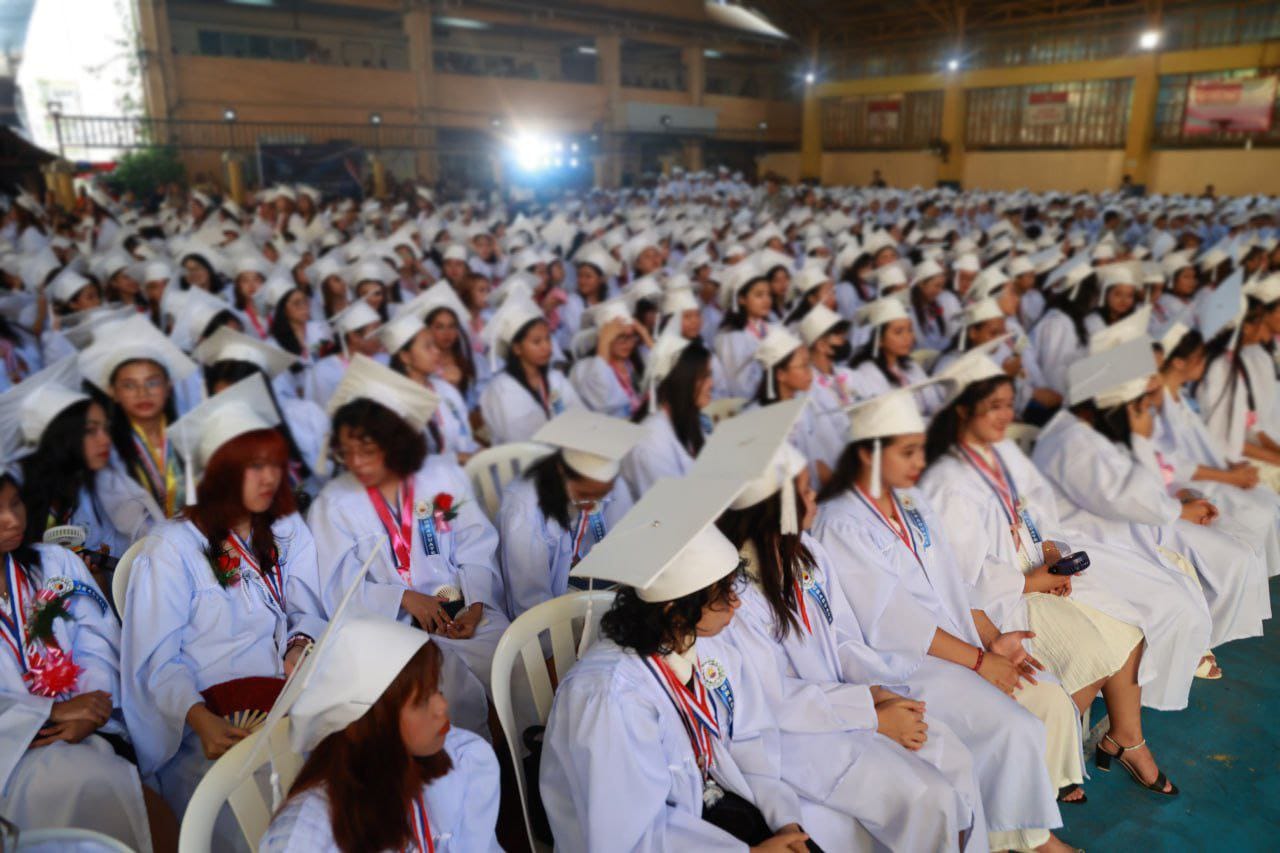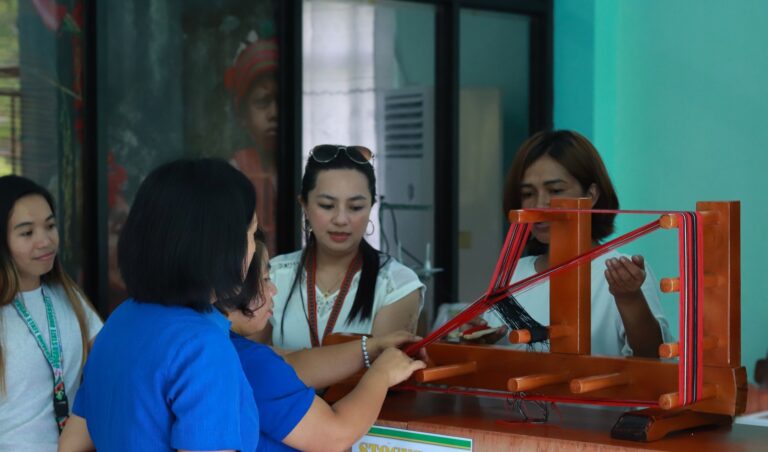DepEd defends controversial honor award system
by Claire Gamboa | June 4, 2024

The Department of Education (DepEd) stood firm behind its K-12 awards system, saying that the recognitions highlight individual progress over competition for this year’s batch of graduates. This, amid concerns on so-called “overload” and low scores in international assessments.
According to DepEd Assistant Secretary Francis Cesar Bringas, the current system aims to lessen competition and encourage students to focus on their own academic development.
Bringas mentioned in a Pintig ng Bayan TeleRadyo Serbisyo interview on May 31 that the awards system is highly encouraging for learners, as it is more inclusive and not limited to just the top 10 in the class.
To recall, DepEd implemented the new system in 2016, removing distinctions like “valedictorian” and “salutatorian” previously awarded to top students.
With the new award system, students receive recognitions based on their grades: “with honors” for 90-94, “with high honors” for 95-97, and “with highest honors” for 98-100.
The Teachers Dignity Coalition (TDC) called for a review of the K-12 awards system, arguing that varying grading standards across schools can dilute the award’s value.
In a DZRH interview on June 2, TDC national chairperson Benjo Basas said, “Of course, we have to review bakit natin ipinapasa. Hindi ko ina-abswelto ang mga guro at and DepEd… We have to take a look at this particular matter. Bakit po nakakapasa ‘yung mga bata na sa tingin natin ay hindi naman talaga achievers, bakit nagkakaroon ng mga awards.”
[“Of course, we have to review why we are passing them. I am not absolving the teachers and the DepEd… We have to take a look at this particular matter. Why are the children passing even though we think they are not really achievers, why are there awards being given.”]
He also said in a OneNews PH report that teachers and schools often consider students’ diligence in their studies when grading, but the problem lies in the varying standards across different localities and schools.
Basas noted that grades consider subjective factors beyond exams, such as art projects and communication skills, which raises concerns about the awards accurately reflecting academic achievement.
The Philippines’ performance in the Program for International Student Assessment (PISA) adds another layer to the debate. The 2022 results showed Filipino students lagging behind their peers in reading, math, and science.
While DepEd maintains that PISA uses different parameters compared to their award system, some critics argue that the abundance of awards may not be effectively driving academic excellence.
Basas defended DepEd in their explanation. “I understand the sentiments of our kababayans,” he said. “Nire-relate kasi nila ito sa PISA performance. Pero tama ang DepEd po d’yan. Iba ang metrics n’yan.”
[“They relate this to PISA performance. But DepEd is correct there. Those metrics are different.”]
SHARE THIS NEWS!
RELATED ARTICLES



